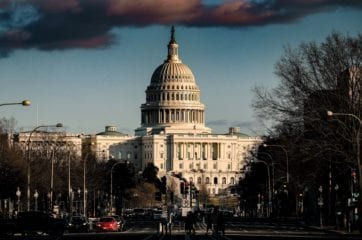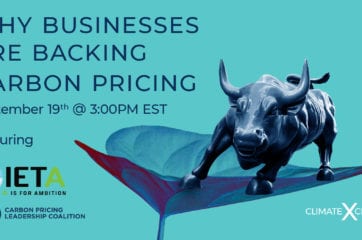As part of our Member Engagement Guidebook outlines ways that member businesses can take targeted action on climate change through sustainability, political advocacy, and community building. Solisite chose to participate in a Member Interview, an engagement option that allows members to share their thoughts and experiences regarding climate action to enhance the community’s overall perspective.
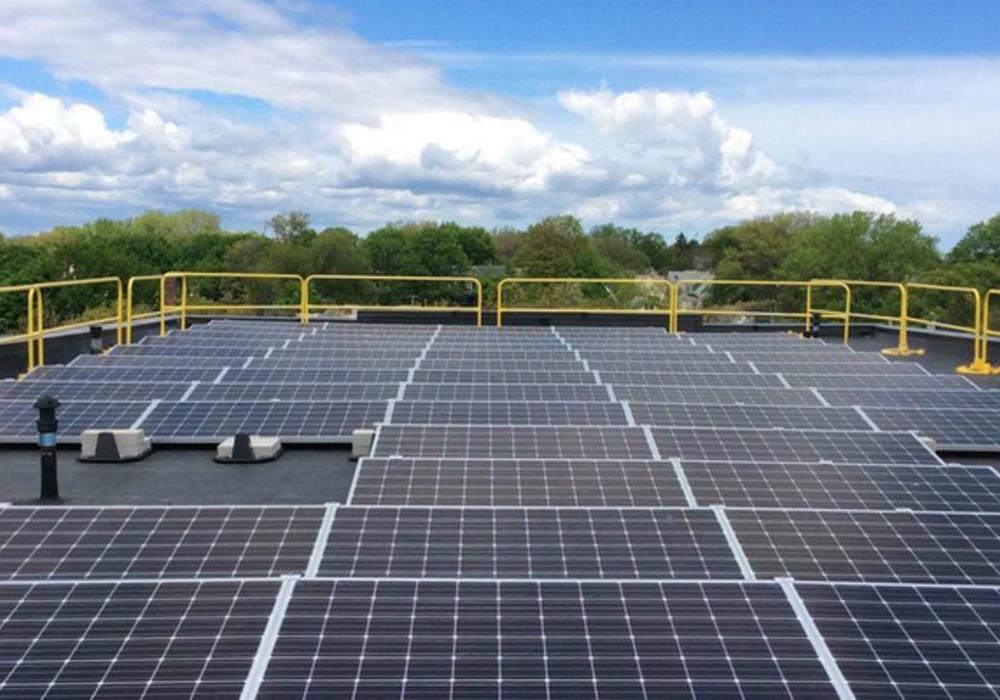
Kristin Kelleher, Programs Director at CABA: Can you please tell us a little bit about yourself?
Mike Lunati, Co-Founder: I originally started this business as Potluck Energy. Potluck physically helped build community solar in Cambridge and Somerville. We targeted roofs inside the city since there are many commercial roofs ideal for solar installations which are not utilized today. We thought that these roofs would be a great space for hosting solar.
We then realized that we had to make sure that the project would be valuable for commercial property owners. Marc joined the team shortly after and then we decided to shift the value proposition. Together we decided to change the name of the company to Solisite.
I will also tell you a bit about myself, I grew up in Italy. I have always been interested in energy. I have been in many different roles within the energy field. I worked for a European fund investing in large scale solar and wind farms and before I came to Boston. I came here for my masters.
Kristin: Where did you go?
Mike: I received my master’s degree at the Harvard Kennedy School. When I studied at the Kennedy School I met Demetrios, another member of our team. We met while taking a class together at MIT. When Demetrios and I started looking for sites for community solar we also met Quinton, our Board Director.
I met Marc six months ago. We found that we have similar interests and concerns. We are both very frustrated with seeing all the roof space ideal for solar that is not utilized. When you travel into New York or Boston on the train you see a lot of large roofs that are completely empty. We want to find a way to make hosting a solar system attractive for these property owners.
Marc R. Suter, Co-Founder: I grew up in Switzerland. After university, studying business and economics, I decided to work in the sustainable energy field. I joined the largest industrial energy company in Switzerland, ABB, where I worked on many fascinating technology projects. Then I ended up studying electrical engineering while I was working at ABB. I focused on engineering and sales and later managed the solar team of ABB Switzerland.
My wife got a job in New York so we decided to move to the US. I knew I wanted to keep working in this field and work in commercial solar. That is how I met Mike. Our backgrounds go together well, they balance each other. I have more of the industrial and engineering background and Mike brings in the strategic and financial know-how.
Kristin: Can you describe in simple terms what you do at Solisite.
Mike: We partner with commercial property owners to help them assess and then finance reroofing and a solar system. We then operate and manage the solar system once it is installed. We are different from other solar companies because we combine the solar system with reroofing. Typically, property owners don’t care as much about solar as they do about receiving reroofing for free when they need it. That is how we decided to not only finance the solar system but finance the entire roof on the property. This combination helps us convince a lot of commercial property owners.
Reroofing of commercial buildings is needed every 15-30 years. We come in at that point and talk to the property owner. We pay for the new roof and in exchange we get to use that space for solar. Re-roofing is a large expense and you don’t see any return on investment, you just spend the money. When property owners work with us they get a new roof with a warranty for twenty years and we pay to lease the roof as well. It is a return on investment.
Marc: Once we install solar we then sell the solar energy to residents. They don’t have to install any equipment or pay any extra fees. These customers can be tenants in apartments or homeowners. They just get solar energy for about 10% less than the cost of the energy they purchase today (directly from the utility companies).
We also have investors (mostly local investors) who finance the projects. It is a very beneficial program for all who are involved. We are selling the solar energy to people in the community. The payments from the solar purchasers pay interest to investors. The owners of the building make money from leasing their roofs. Everyone gets something out of it.
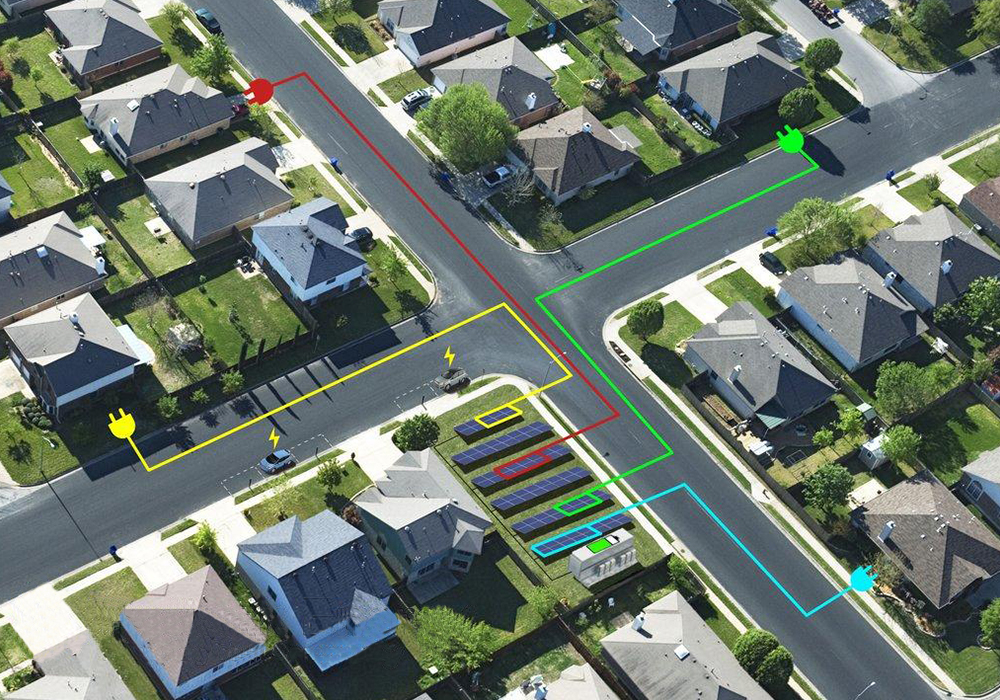
Kristin: If I wanted to sign up would I have to live within a certain distance of the solar project?
Mike: If the solar project was in Boston you could live anywhere in the Eversource territory. That is (pretty-much) anywhere in the greater Boston area.
Kristin: That is incredible! You are making solar accessible for people across the state. You are solving a huge problem.
How do you help in the fight against climate change?
Mike: With solar we are primarily by offsetting carbon-emitting power plants. Every solar system that is installed produces clean energy that can displace dirty energy. The generation of every megawatt hour of electricity used in Massachusetts produces about a ton of CO2 (in Massachusetts in 2015). Now it is 2018, so it (the numbers) may have improved slightly. However, we still a long way to go. That is where the fight is, it is about incrementally increasing the number of kilowatt hours or megawatt hours of clean energy and offsetting the polluting ones.
Kristin: How have you been received so far by customers, other businesses, and just your community in general?
Mike: We have two types of customers. We have property owners on one side and the investors and members on the other. Our members (customers that purchase the community solar) love this system. It is very easy to start using clean energy, the customers don’t need to install anything or pay for a large sum up front. The members immediately see that they are using clean energy on their bill. We have been improving the benefits for the property owners incrementally as we have been developing the business. Initially, we were just leasing the roofs from the property owners. That wasn’t enough. We then decided to include an investment option for them, so they would receive a 20-30% return on investment, and that wasn’t even enough. Now we include reroofing. That is what is really moving the market. We transform solar from a want to a need for a property owner. Now when you need a new roof you don’t need to pay for it. We just get to put solar on your roof afterwards.
Kristin: Do you find that most people know about the benefits of solar and is there an educational piece to your work?
Marc: Overall homeowners do know about the benefits of solar. Solar is not that complicated to understand. It is basically just panels creating electricity. However, I think a lot of people are not aware that solar can be profitable. There is a gap in education. When you talk to real estate companies or a factory owner they think that (traditional) electricity (from coal and natural gas) is too cheap to make solar work. However, the price of clean energy is so low these days, and it is just going to get cheaper. This (solar) is the energy of the future.
Kristin: What has been your impact so far? (number of panels installed, projects)?
Mike: One of our projects in Somerville has the capacity to produce 520 MWh (Megawatt hours) of solar. The carbon dioxide offset of this project is 278 US short tons. That equates to 7,117 trees. Once these projects are installed they are going to continue to generate power for 30 years.
Kristin: Can you talk about any projects that you are working on right now?
Marc: We are currently looking at about ten properties in Boston. And we just started looking more in New York.
Kristin: What challenges has your business faced?
Marc: Our number one challenge is convincing commercial property owners. It often helps when they see other organizations that have signed up for a project with us. After commercial property owners see the success of another project they are very interested in signing on. It is about creating momentum and showing property owners what a great deal they can get!
Kristin: How do you foresee SMART affecting your business?
Mike: SMART has been beneficial for us. It is promoting the types of systems that we build (25-250 kilowatt roof mounted and community solar). The major benefit for us is that it is a fixed rate for 20 years, so it is very predictable.
Kristin: Have you engaged in the political process at all?
Mike:Our main engagement is reading state (policy) updates written by CABA. I have joined in on a few solar calls for updates with CABA. We have a small team so it is all about how we spend our resources at this point.
Kristin: How big is your team right now?
Mike: We have three people.
Marc: We are still in the initial phase of the business. The team will get bigger as we get more projects. Our first project was about testing if our idea works and to understand the business (model). Now we have figured it out, we know how the business (model) works and we are setting up the company for growth.
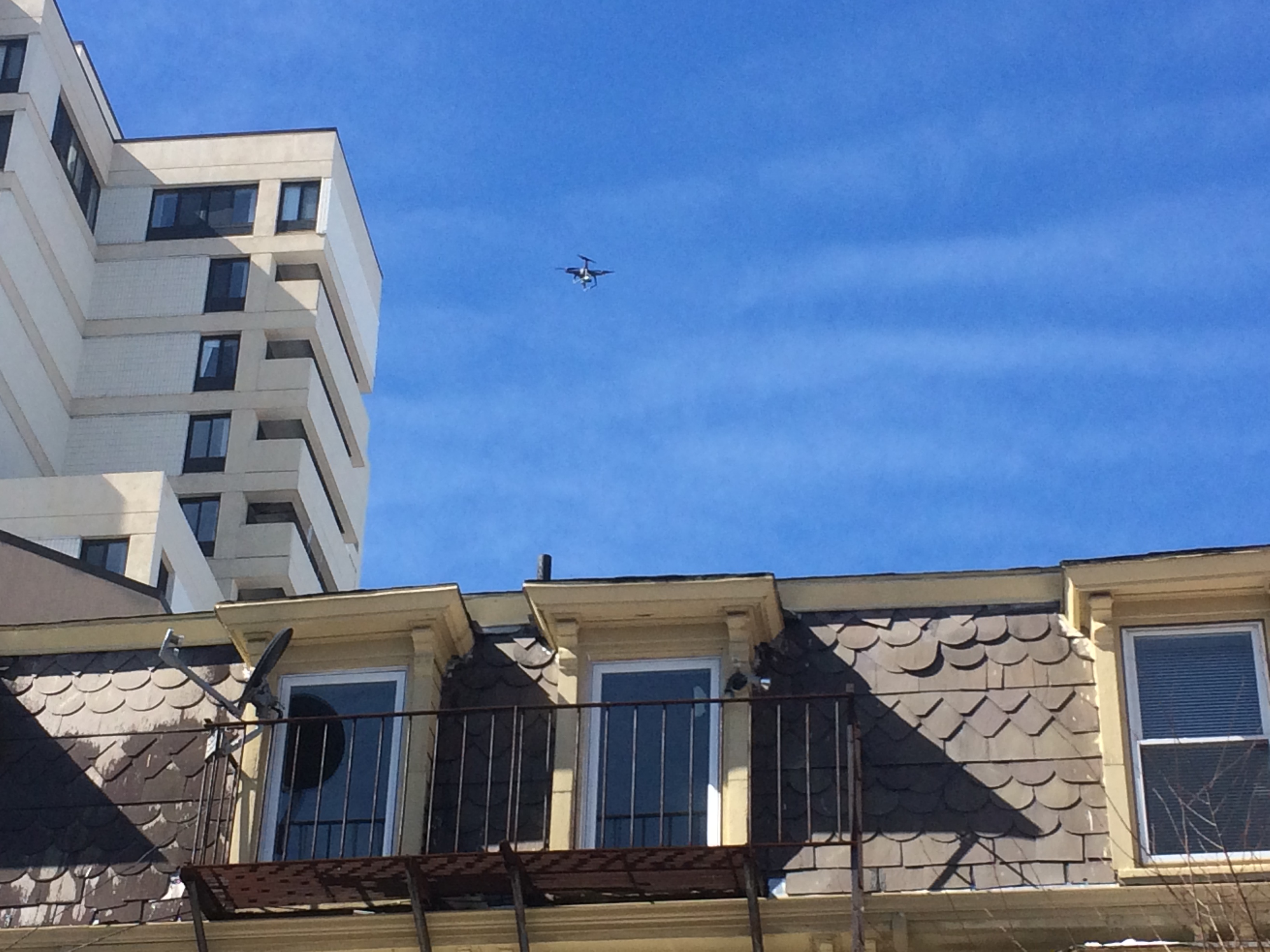
Kristin: Do you think it is important to engage with the community?
Marc: Yes! That is usually where you find your first customers. You do not find your first customers on the internet. Local customers give you immediate feedback. You get to directly see if you are improving people’s lives.
Kristin: What advice do you have for other organizations looking to engage more in their communities?
Mike: Go out and find associations in your local community that are doing good things. Join those associations and go to their events and talk to people. Tell people what you are doing and listen to what they are doing. Then help out the people you meet.
Kristin: What is one action that you are excited about taking with CABA?
Marc: The events that CABA hosts are very helpful. We get to meet other member businesses that understand the projects we are working on and find opportunities for collaboration.
Kristin: Do you have a quirky or unique fact about your organization?
Mike: We are probably one of the only companies that focus on the roof and solar energy, this is the unique value combination that we talked about.
Mike: Between our board members and advisors there are a lot of unique and intelligent people. It is great to be working in this environment, we hope we can live up to their ambitions.
Interested in sharing your businesses story with the CABA community? Reach out to kristin.kelleher@cabaus.org for more information on how to set up a member interview!


